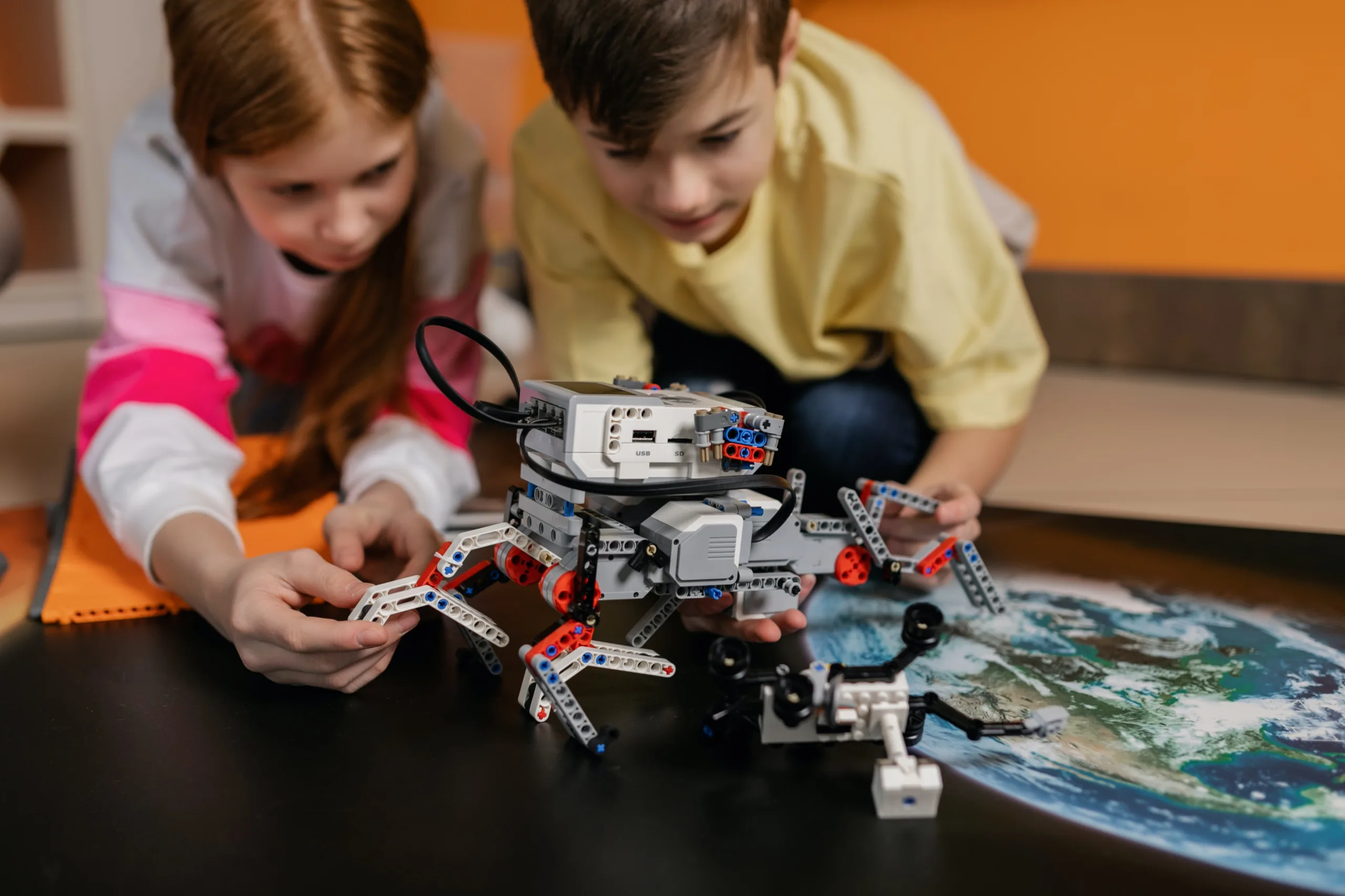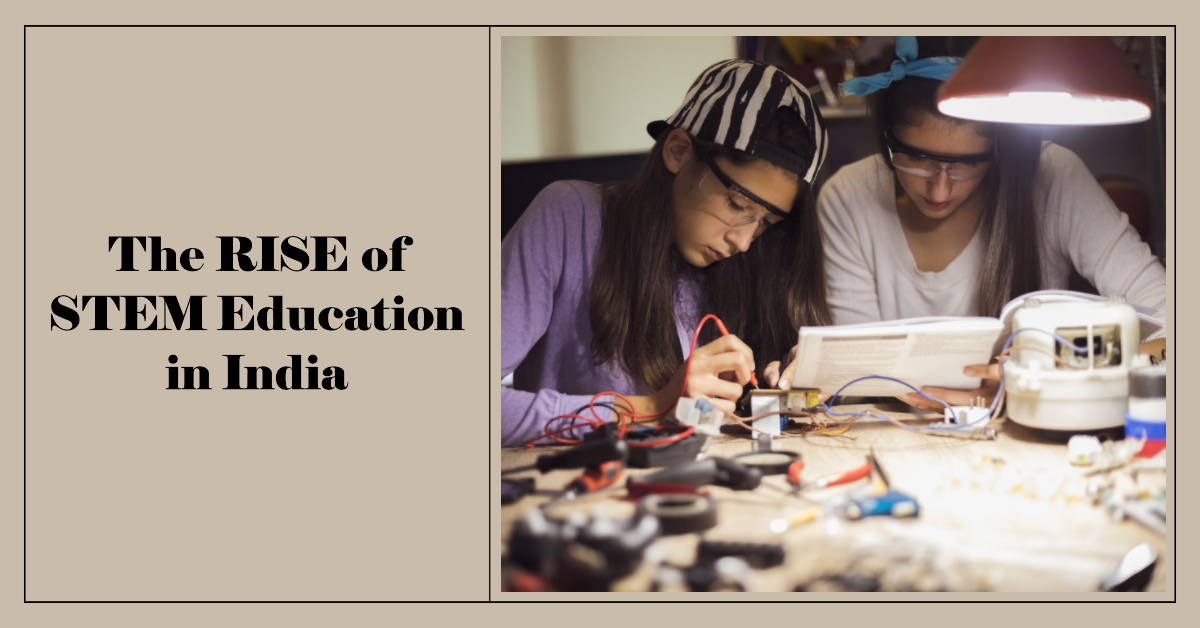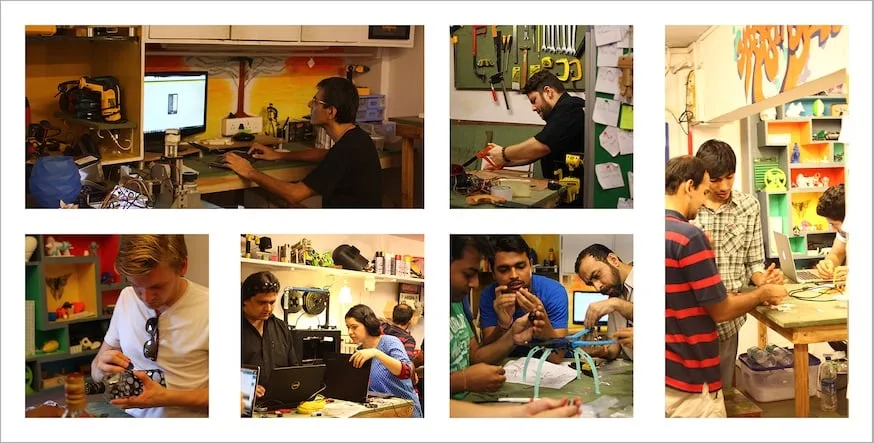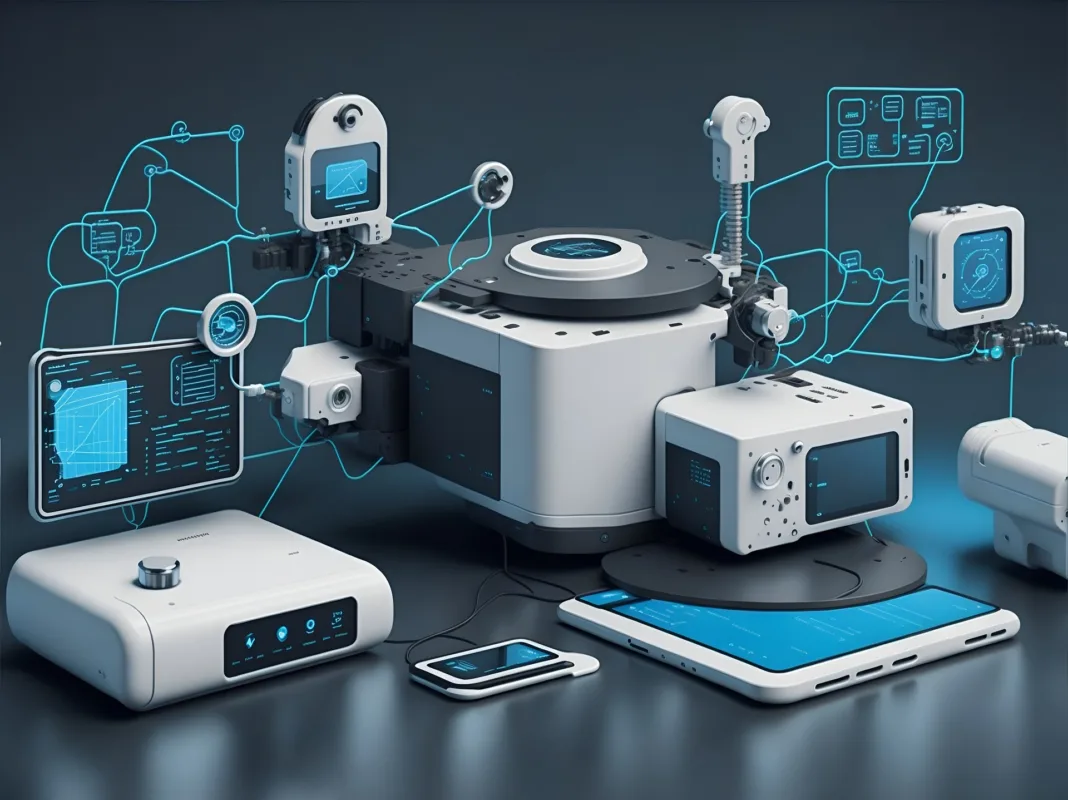STEM Education – a holistic approach to learning
In an era characterized by rapid technological advancements and scientific breakthroughs, traditional education models are evolving to keep pace with the dynamic demands of the modern world. Enter STEM education – an innovative and interdisciplinary approach that integrates Science, Technology, Engineering, and Mathematics. This blog post takes you on a journey through the world of STEM education, uncovering its components, significance, implementation strategies, and the exciting career opportunities it unlocks.
Understanding the Core Components of STEM Education
Science: At the heart of STEM education lies the realm of science. From probing the mysteries of biology to unraveling the secrets of the cosmos, science enables us to comprehend the natural world. STEM science education encourages students to question, explore, and experiment, nurturing their curiosity and honing their analytical skills.
Technology: The digital age is upon us, and technology is its driving force. STEM technology education equips students with the tools and skills to navigate this tech-driven landscape. From coding to robotics, students learn to harness technology as a means to solve real-world challenges and innovate for a better future.
Engineering: Bridging the gap between theory and practice, engineering is the backbone of STEM education. It empowers students to design, build, and create solutions that address real-world problems. Through engineering education, students cultivate critical thinking, teamwork, and the ability to transform ideas into tangible realities.
Mathematics: Often referred to as the language of the universe, mathematics is an integral component of STEM education. It provides the framework for understanding patterns, relationships, and quantities. Mathematics education within STEM equips students with the analytical prowess to decipher complex problems and unravel their solutions.
The Significance of STEM Education
- Preparing Future Workforce: In an era where technology drives industries, STEM education is a gateway to lucrative career paths. It equips students with the skills required for professions such as computer science, engineering, healthcare, and more, enabling them to thrive in an increasingly digital world.
- Fostering Problem-Solving and Critical Thinking: STEM education nurtures problem-solving skills by immersing students in authentic challenges. By applying scientific methods, utilizing technology, and employing engineering principles, students learn to approach problems systematically and derive logical solutions.
- Fueling Innovation and Creativity: The interdisciplinary nature of STEM education cultivates creativity by encouraging students to explore the intersections of different fields. By marrying diverse knowledge areas, students develop innovative solutions to complex issues, driving progress and addressing global challenges.
- Enhancing Global Competitiveness: Countries that prioritize STEM education position themselves as leaders in the global economy. With technology as the driving force of change, nations with a skilled STEM workforce are better equipped to spearhead innovation and drive economic growth.
Key Principles for Effective STEM Education
- Hands-On Learning: STEM education places a strong emphasis on experiential learning through hands-on activities, experiments, and projects. These immersive experiences bridge the gap between theory and practice, deepening students’ understanding of concepts.
- Interdisciplinary Approach: STEM education mirrors the real world by integrating multiple disciplines. Interdisciplinary projects demonstrate how diverse subjects collaborate to address complex challenges, fostering a holistic understanding of interconnected knowledge.
- Real-World Relevance: STEM education connects classroom learning with tangible real-world applications. By illustrating the practical implications of their studies, students gain a heightened appreciation for the impact of STEM in their daily lives.
- Collaboration: Collaborative projects are a hallmark of STEM education. Students collaborate, mimicking the teamwork inherent in scientific and technological pursuits. This promotes effective communication, teamwork, and the exchange of diverse perspectives.
- Inquiry-Based Learning: STEM education encourages students to question, explore, and independently discover answers. This inquiry-based approach nurtures curiosity, critical thinking, and a deeper comprehension of concepts.
Implementing Effective STEM Education
- Curriculum Design: Schools can design integrated STEM curricula that highlight the interconnectedness of subjects. By incorporating cross-disciplinary projects and thematic units, students engage in holistic learning experiences.
- Professional Development: Educators play a pivotal role in delivering effective STEM education. Professional development programs empower teachers with the expertise needed to facilitate hands-on activities, seamlessly integrate technology, and encourage collaboration.
- Resources and Tools: Access to well-equipped laboratories, cutting-edge technology, and educational resources is essential for fostering hands-on learning experiences. Schools should invest in tools that empower students to explore and experiment.
- Extracurricular Activities: Beyond classroom learning, extracurricular activities like STEM clubs, competitions, workshops, and field trips provide additional avenues for students to engage with STEM subjects. These experiences kindle their passion and curiosity.
- Community Engagement: Collaborations with local industries, universities, and research institutions introduce students to real-world applications of STEM. Guest speakers, industry visits, and mentorship programs inspire students and shed light on potential career paths.
Exploring Exciting STEM Career Opportunities
A STEM education paves the way for diverse and promising career paths, including:
- Engineer (Mechanical, Civil, Electrical, etc.): Designing innovative solutions to real-world challenges.
- Computer Scientist/Software Developer: Crafting the software and applications that power our digital world.
- Data Scientist/Analyst: Unearthing insights from data to inform decision-making.
- Biologist/Chemist/Physicist: Conducting ground breaking research to expand our understanding of the world.
- Astronomer: Peering into the cosmos to unlock the universe’s mysteries.
- Healthcare Professional (Doctor, Nurse, Biomedical Scientist): Applying scientific knowledge to enhance human health.
- Environmental Scientist: Tackling environmental issues and promoting sustainable practices.
- Mathematician/Statistician: Solving complex mathematical puzzles and analyzing data trends.
- Robotics Engineer: Developing and programming robots for diverse applications.
- STEM Educator: Inspiring the next generation by effectively teaching and mentoring.
In Conclusion
STEM education isn’t just a pedagogical approach; it’s a transformative journey that equips students with the skills, knowledge, and mindset to shape the future. By integrating science, technology, engineering, and mathematics, STEM education readies students for the challenges and opportunities of the 21st century. It fosters innovation, critical thinking, and collaborative problem-solving – the very skills that will drive progress, conquer global challenges, and pave the way to a brighter and more technologically advanced world. As we navigate an ever-changing landscape, STEM education stands as a guiding light, steering us toward a future of endless possibilities.
What is 10xTechClub?
10xTechClub on a journey of building a unique skills-based program for school students. We are offline STEM learning centre focusing on emerging technologies like AI, IoT, Blockchain, Robotics, 3D printing, Drones, etc.
We train and expose young minds in the areas of science, emerging technologies, innovation, soft skills, and develop foundational skills early in the learning journey using real-world projects and problems through our experience labs, connections with industry, academia, and domain experts.
Through our Premier Accelerator Program, a student learn effective problem-solving by working on curated real-world projects, receiving continuous mentorship and coaching to enhance productivity. After successful completion of the Program, a student experience exponential growth in technical, personal, social, and academic aspects. A student gain confidence in technological problem-solving abilities, paving the way for opportune future careers.













